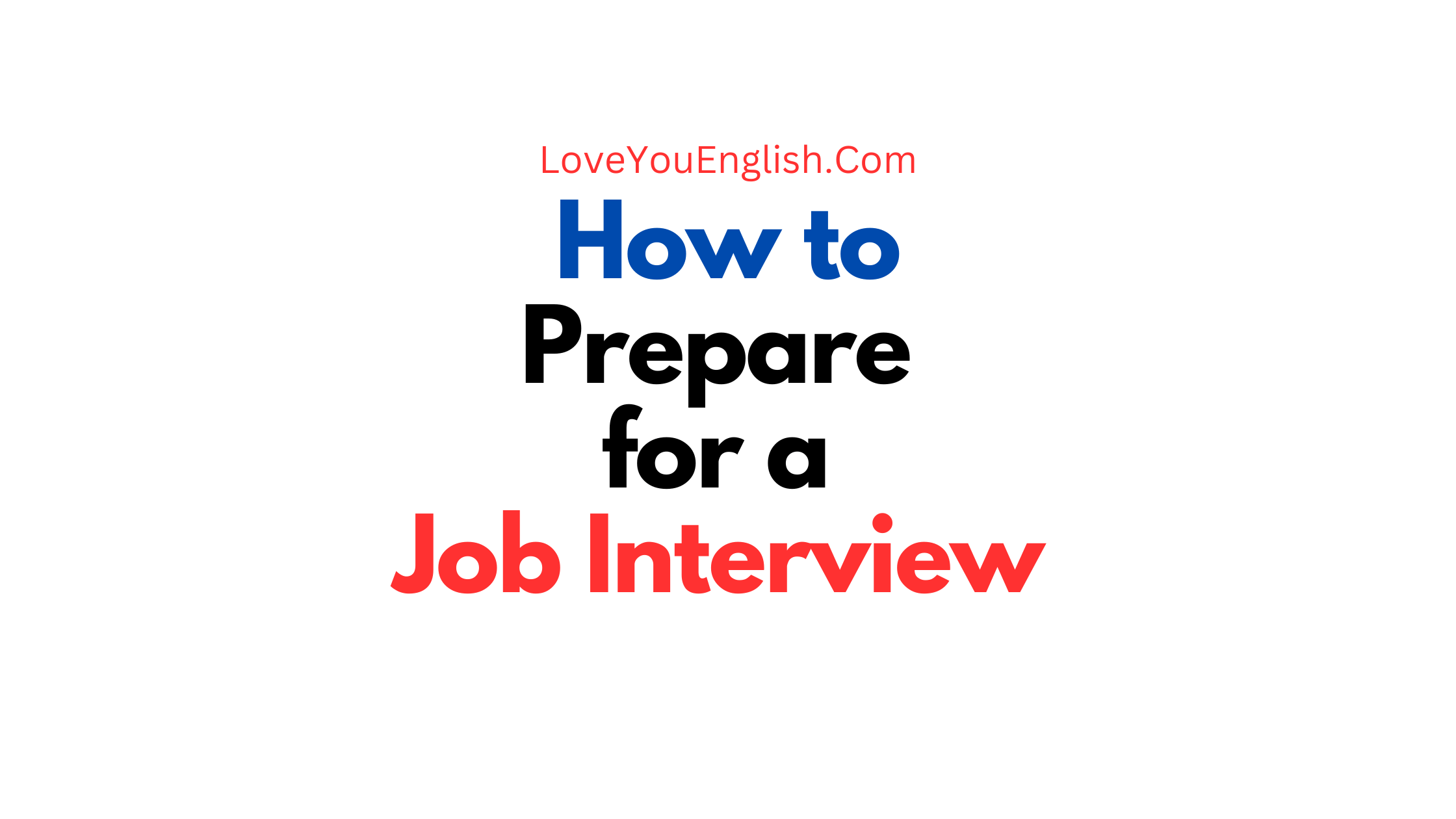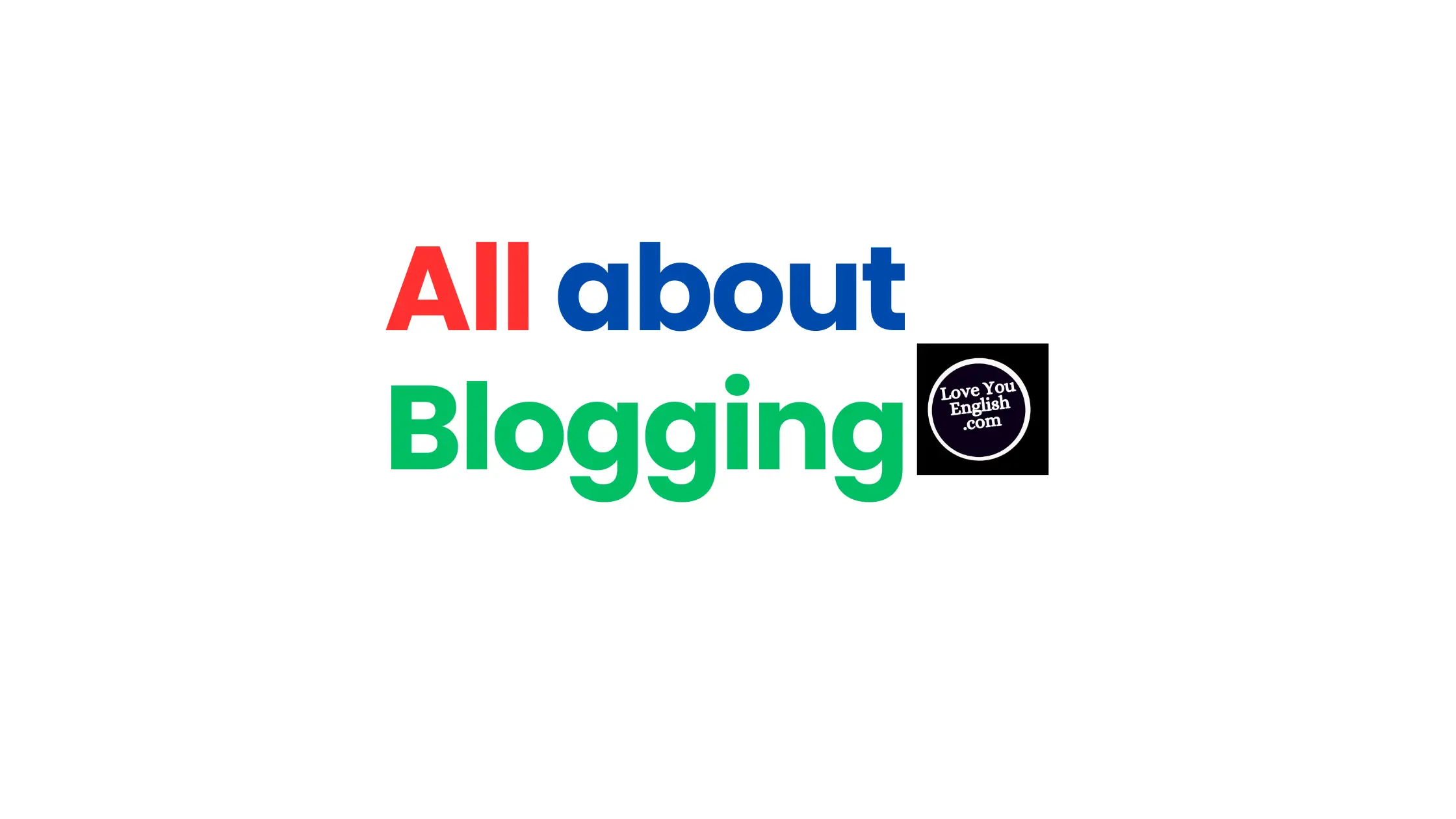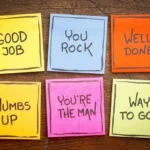Getting a job interview is exciting!
It means your resume caught the employer’s attention, and they want to meet you.
But interviews can also be nerve-wracking. You might worry about what questions they’ll ask or if you’ll make a good impression.
Don’t worry! With proper preparation, you can feel confident and do well in your interview.
This post will walk you through every step to help you prepare for your job interview.
1. Understand the Job and Company
Before your interview, it’s crucial to know about the job you’re applying for and the company offering it.
Read the Job Description Carefully
– Look at the job title and main duties
– Note the skills and experience they want
– Understand what a typical day in this job might look like
Research the Company
– Visit their website to learn their history, mission, and values
– Check their social media (Facebook, Twitter, LinkedIn) for recent news
– Read reviews on sites like Glassdoor to see what employees say
Understanding these things helps you:
1. Talk about why you’re a good fit for the role
2. Show you’re genuinely interested in the company
3. Ask smart questions during the interview
2. Prepare Your Answers
Interviewers often ask similar questions. Being ready for these can boost your confidence.
Common Questions to Expect
1. “Tell me about yourself.”
– Give a brief overview of your background, skills, and career goals
– Example: “I’m a marketing graduate with a passion for social media. In my last role, I grew our Instagram followers by 50%. I’m looking to apply my skills in a dynamic company like yours.”
2. “Why do you want this job?”
– Show how the job aligns with your goals and interests
– Example: “I’ve always loved writing, and your content marketing role lets me create engaging blog posts while learning SEO—a skill I’m eager to develop.”
3. “What are your strengths?”
– Choose strengths that match the job needs
– Give examples to back them up
– Example: “I’m highly organized. In my current job, I manage 20+ client projects without missing deadlines.”
4. “What’s your biggest weakness?”
– Be honest, but show you’re working on it
– Example: “I sometimes hesitate to ask for help, fearing I’ll bother people. But I’ve learned that asking questions early prevents bigger issues later.”
5. “Tell me about a challenge you faced at work.”
– Describe the problem, your action, and the result
– Example: “Our team was behind on a big project. I suggested breaking it into smaller tasks and checking in daily. We finished on time, and now we use this method for all projects.”
Use the STAR Method
For questions about your experiences, use the STAR method:
– Situation: Set the scene
– Task: What was your job?
– Action: What did you do?
– Result: What was the outcome?
This structure helps you give clear, compelling answers.
3. Prepare Your Own Questions
Asking good questions shows you’re interested and engaged.
Some ideas:
1. “Can you describe the team I’d be working with?”
2. “What does success look like in this role in the first 90 days?”
3. “How does the company support professional development?”
4. “What do you enjoy most about working here?”
5. “What’s the next step in the interview process?”
4. Practice, Practice, Practice
The saying “practice makes perfect” is true for interviews!
Ways to Practice
– Talk to yourself in the mirror
– Record your answers on your phone and watch them back
– Ask a friend or family member to play the interviewer
– Use interview practice apps or websites
What to Practice
– Your answers to common questions
– Speaking clearly and at a good pace
– Making eye contact
– Calming techniques if you get nervous (deep breaths, positive self-talk)
Practice helps you sound natural and feel more relaxed.
5. Plan Your Interview Outfit
What you wear matters. Your outfit should be:
– Professional
– Comfortable
– Suitable for the company culture
General Tips
– For most office jobs: a suit (dark colors like navy or gray)
– For creative fields: you can add a bit more color or style
– Clothes should fit well—not too tight or loose
– Shoes should be clean and comfortable
The Night Before
– Choose your outfit and try it on
– Check for any stains, tears, or missing buttons
– Iron clothes if needed
Looking polished shows respect and professionalism.
6. Organize Your Interview Kit
Prepare a folder or portfolio with:
– Extra copies of your resume (2-3)
– List of references
– Notepad and pen
– Any work samples (e.g., writing, design)
– A bottle of water
Having these items ready:
– Shows you’re prepared
– Gives you what you need if asked
– Helps you jot down notes or questions
7. Plan Your Journey
Being late is very bad in an interview. Plan your trip carefully.
Steps to Take
1. Find out the exact address
2. Check how to get there (car, bus, train)
3. Do a test run if you can
4. Plan to arrive 15-20 minutes early
The Night Before
– Fill your car with gas (if driving)
– Check traffic or transport schedules
– Pack any travel needs (ticket, parking money)
– Set two alarms to be safe
Arriving early lets you:
– Calm your nerves
– Use the restroom
– Review your notes
8. Take Care of Yourself
Being in good shape physically and mentally is key.
In the Days Before
– Eat healthy meals
– Exercise to reduce stress
– Stick to your normal sleep schedule
The Night Before
– Have a light, healthy dinner
– Avoid alcohol
– Try to get 7-8 hours of sleep
– Set out everything for the morning
Interview Day
– Eat a good breakfast
– Drink water
– Avoid too much coffee (it can make you jittery)
– Do something calming (deep breaths, short walk)
Being well-rested and fed helps you think clearly and stay calm.
9. Learn About Interview Formats
Interviews come in different styles. Ask the employer what to expect.
One-on-One Interview
– Just you and one interviewer
– Most common type
– Often the first interview in the process
Panel Interview
– You meet with 2-5 people at once
– Often includes people from different departments
– Make eye contact with each person
Group Interview
– You’re interviewed alongside other candidates
– Tests how you work in a team
– Try to stand out without overshadowing others
Phone or Video Interview
– Often used for initial screening
– Find a quiet space with good reception or internet
– For video, dress professionally and check your background
Skills Test or Job Trial
– You might be asked to do a task
– Examples: writing test, coding challenge, role-play
– Ask about any tools or info you’ll need
10. Use Technology Wisely
In today’s world, tech plays a big part in interviews.
Clean Up Social Media
– Google yourself to see what shows up
– Set personal accounts to private
– Make sure public posts are professional
Update LinkedIn
– Use a professional photo
– Ensure your experience matches your resume
– Join groups in your field
For Video Interviews
– Test your camera and microphone
– Have good lighting (a lamp in front of you)
– Look at the camera, not the screen
– Close other programs to avoid notifications
11. Follow Interview Etiquette
Good manners go a long way in making a great impression.
When You Arrive
– Turn off your phone
– Be polite to everyone (receptionist, security)
– Stand when you meet the interviewer
– Offer a firm handshake and smile
During the Interview
– Wait to sit until invited
– Keep good posture
– Make eye contact
– Don’t interrupt
– It’s okay to pause and think before answering
Language Tips
– Use professional language
– Avoid slang or swear words
– Say “please” and “thank you”
– Don’t speak badly about past jobs or bosses
Good etiquette shows respect and professionalism.
12. Handle Tricky Questions
Some questions might catch you off guard. Stay calm and think before you speak.
Examples of Tricky Questions
“Why should we hire you over other candidates?”
– Focus on your unique skills
– Example: “While everyone has great qualifications, my experience in both sales and customer service gives me a unique view on client needs.”
“Where do you see yourself in five years?”
– Show ambition that fits their company
– Example: “I hope to grow into a team lead role, using my skills to guide new marketers just as I was guided early in my career.”
“Why did you leave your last job?”
– Be honest but positive
– Example: “While I learned a lot there, I’m looking for more challenges in data analysis, which this role offers.”
“What’s your desired salary?”
– Do research on sites like Payscale or Glassdoor
– Give a range, not a fixed number
– Example: “Based on my experience and market data, I’m looking in the $50,000 to $60,000 range.”
If a question stumps you, it’s okay to say, “That’s an interesting question. Can I take a moment to think about it?”
13. Show Your Human Side
Employers want to see your personality, not just your skills.
Be Authentic
– It’s okay to show some emotion (like excitement for the job)
– Share a bit about your hobbies if it comes up naturally
– Example: “Yes, I love data analysis. It’s like solving puzzles, which I enjoy in my free time too—I’m a big Sudoku fan!”
Use Stories
– People remember stories better than facts
– Share brief anecdotes that show your qualities
– Example: “Teamwork is key to me. In college, our group project was falling apart. I organized a pizza night where we talked openly about issues. We ended up acing the project and becoming friends.”
Being real helps them see you as a person who’d fit well in their team.
14. End on a Strong Note
The end of your interview is a chance to leave a lasting good impression.
Ask About Next Steps
– “What are the next steps in the hiring process?”
– “When might I expect to hear back?”
Express Your Interest
– “After our talk, I’m even more excited about this role.”
– “This job aligns perfectly with my goals. I’d be thrilled to contribute to your team.”
Thank Them
– Thank each interviewer by name
– Show gratitude for their time
– Example: “Thank you, Ms. Garcia, for telling me about your marketing projects. It’s been a pleasure learning about Acme Corp.”
Ask for Business Cards
– Get cards from each interviewer
– You’ll need this for follow-up emails
A strong ending shows confidence and eagerness.
15. Follow Up After the Interview
Your work isn’t done when you leave. Following up is crucial.
Send Thank-You Emails
– Email each interviewer within 24 hours
– Thank them for their time
– Mention something specific you discussed
– Restate your interest in the role
Example Thank-You Email:
Subject: Thank You – Marketing Specialist Interview
Dear Mr. Thompson,
Thank you for taking the time to discuss the Marketing Specialist role with me today. I particularly enjoyed learning about your upcoming campaign for eco-friendly products. My experience in green marketing aligns perfectly with this initiative.
Our conversation reinforced my enthusiasm for this position. I’m confident my skills in social media strategy and data analysis would contribute to your team’s success.
Thank you again for your consideration. I look forward to the next steps.
Best regards,
[Your Name]
If You Don’t Hear Back
– Wait about a week after their stated decision date
– Send a polite follow-up email
– Example: “I hope this email finds you well. I wanted to check on the status of the Marketing Specialist role. I’m still very interested and looking forward to any updates.”
Following up shows professionalism and genuine interest.
Final thoughts
Preparing for a job interview takes effort, but it’s worth it.
By understanding the job, practicing your answers, and taking care of details like your outfit and travel plans, you set yourself up for success.
Remember, an interview is a two-way street. It’s not just about them evaluating you—it’s also your chance to see if the job and company are right for you.
Every interview, whether you get the job or not, is a learning experience.
Maybe you’ll discover a new industry you like. Maybe you’ll get better at talking about your achievements.
Each interview makes you more skilled and confident for the next one.
Most importantly, be yourself. Companies want to hire real people who can do the job well and fit into their team.
With thorough preparation and an authentic approach, you’ll make a fantastic impression.
Good luck with your interview—you’ve got this!






